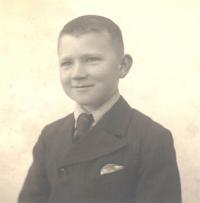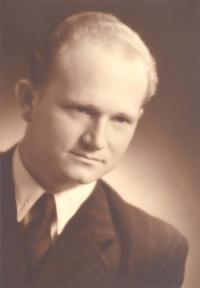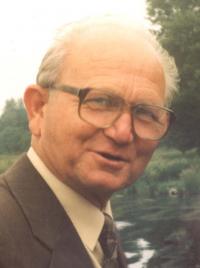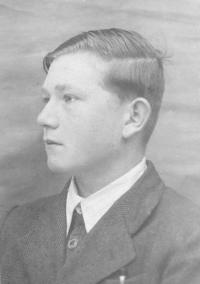Even now I still cannot understand what the people of Vitoraz were blamed for

Download image
Ing. Karel Smolek was born in 1928 in the village Tušť, which now forms part of Suchdol nad Lužnicí, in southern Bohemia on the Czech-Austrian border. Both Czech and German were spoken in the family. In 1938 his parents registered as German nationals. His father Karel Smolek (born 1896), who was a native from Tušť, was one of the fourteen inhabitants of the village who were executed on May 24, 1945 after a verdict of people’s court. According to the self-appointed judges they were guilty of collaboration with the Nazis, but their “guilt” was merely the fact that they had considered themselves as German nationals. Karel Smolek Jr. and his mother and sister had to leave Czechoslovakia and move to neighboring Austria. In 1946 they were all allowed to return home to Tušť, but they lived there as second-class citizens; for example, they were not allowed to stay in their former farm. In spite of this, Karel managed to complete his secondary school studies and then study at the University of Agriculture in Prague. However, he was dismissed from this university in 1958 for political reasons just before his final examinations. After doing his compulsory military service he applied for a job in the service station for agricultural machines in Třeboň, but he was not hired due to his family origin. He thus worked instead as a machine technician in České Budějovice for a short time and then he began working as a machine technician in the Třeboň region and he remained there until his retirement. He received his master’s degree from the University of Agriculture only after 1989 when he himself applied for it. He devoted his time to documented the Tušť massacre and kept its memory alive. Karel Smolek died on February 21, 2022.



